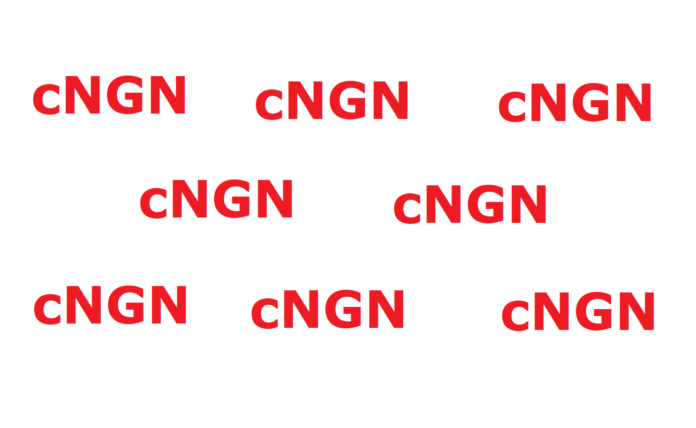With the Central Bank of Nigeria relaxing its restrictions on cryptocurrencies in the Nigerian financial system, a few of Nigeria’s top banks and Fintech companies have partnered to launch a new stablecoin called the cNGN.
The cNGN is a stablecoin initiative, championed by an alliance of Nigerian Banks and other financial institutions. It is not intended to replace the eNaira digital currency, which is backed by the Central Bank. Instead, it will function in parallel with the eNaira.
While the Central Bank of Nigeria pushes for the adoption of the eNaira due to its multi-purpose usability, the cNGN’s implementation will be managed by leading Nigerian Banks. Its primary focus is on simplifying payment and streamlining international transfers.
The cNGN shares a common feature with the eNaira; both are pegged to the Nigerian Naira and exchange at a 1:1 ratio with the physical Naira. Consequently, each circulating cNGN token will be backed by one Naira in the reserve account.
However, the cNGN differs from the eNaira in terms of its underlying technology. While the eNaira operates on a private Blockchain Distributed Ledger Technology built on the enterprise-grade Hyperledger Fabric, the cNGN is built on public blockchains, including Bantu, Polygon, Ethereum, BNB Smart Chain, and Tron.
The stablecoin’s launch, expected in 2024, is backed by prominent Nigerian Banks and payment services providers. These include Access Bank, Sterling Bank, Providus, Korapay, First Bank, Interstellar, Interswitch, Budpay and Convexity.
cNGN is not a Central Bank Digital Currency (CBDC) like eNaira, rather it is a stablecoin akin to USDT.
It will gain some marketplace credibility thanks to endorsements from top-tier banks and FinTech firms in Nigeria, a factor crucial for its broad acceptance.
Its compatibility with numerous public blockchains will ease international transactions and pave the way for effortless cross-border financial exchanges between Nigerians and the global community.
The cNGN project was made feasible after the Nigerian Central Bank softened its previous hardline on cryptocurrencies in the Nigerian banking sector, introducing a new set of guidelines for virtual assets and virtual assets service providers (VASPs).
While the updated guidelines permit VASPs to establish accounts with Nigerian banks, it is important to note that banks and other financial institutions in Nigeria are still prohibited from owning, trading, or conducting transactions with virtual assets within their accounts.



